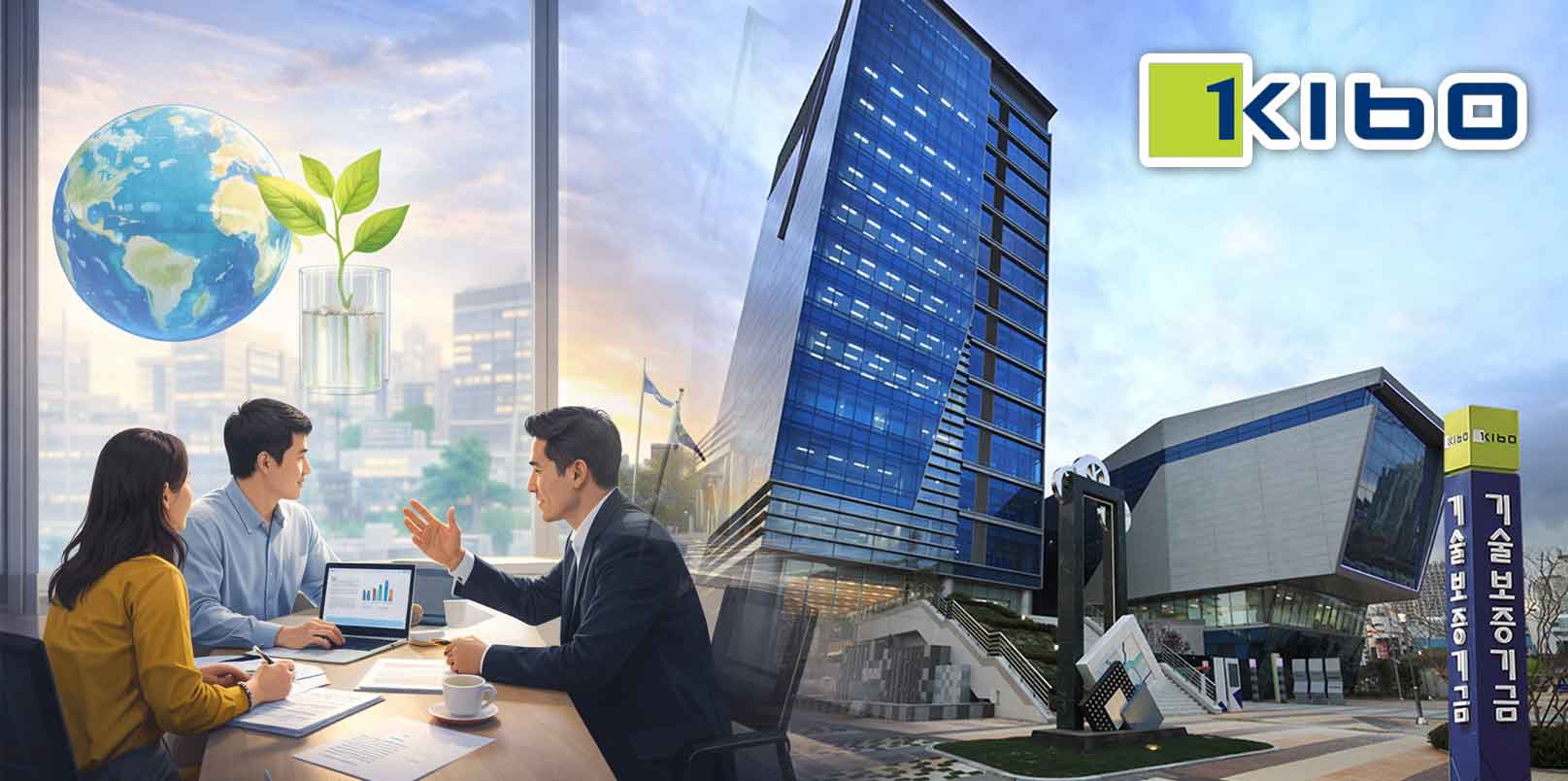In South Korea’s startup ecosystem, where venture funding has traditionally been the benchmark for growth, a new experiment is unfolding. The Ministry of SMEs and Startups (MSS) has selected 20 “profit-growth” startups for its Baby Unicorn Nurturing Program. Unlike typical unicorn pathways fueled by investment rounds, these companies have scaled through revenue alone.
This move is a sign for global founders and investors that South Korea is willing to support alternative models of startup scaling, particularly at a time when many ecosystems are debating sustainable growth versus capital inflows.
Ministry of SMEs and Startups Selects 20 Profit-Growth Baby Unicorns
On September 14, the Ministry of SMEs and Startups (MSS) confirmed the final selection of 20 companies for its Baby Unicorn Nurturing Program – Profit-Growth Track.
The program targets startups with no history of external investment, between 4 and 10 years old, and with annual revenues between KRW 20 billion and KRW 60 billion. The ultimate policy goal is to foster “Venture 100 Billion Companies,” firms capable of surpassing KRW 100 billion (~ USD$73 million) in annual revenue.
Selected firms will receive up to KRW 300 million (~ USD$220,000) in competitiveness enhancement funds and up to KRW 5 billion (~USD$3.7 million) in special guarantees.
This year, 43 companies applied, producing a competition ratio of 2.2 to 1. The selected firms recorded an average business history of 6.7 years, average revenues of KRW 32.7 billion, and a two-year average revenue growth rate of 55.5%.
Baby Unicorn Program and Policy Context
The Baby Unicorn Nurturing Program, first introduced to widen Korea’s pipeline of high-potential startups, classifies companies based on scale:
- Baby Unicorn: less than KRW 100 billion valuation or revenue.
- Pre-Unicorn: KRW 100 billion to under KRW 1 trillion.
- Global Unicorn: KRW 1 trillion and above.
The new Profit-Growth Track addresses a gap in Korea’s venture policy. While past government initiatives have often focused on equity-backed startups, many companies — particularly in manufacturing, bio, and consumer sectors — achieve growth through steady revenue.
This track shows that venture success in Korea can take multiple paths, not only capital inflows from investors.
Supporting Profit-Growth Venture Companies to Scale into Unicorns
Kim Bong-deok, Director of Venture Policy at the Ministry of SMEs and Startups, emphasized the rationale:
“There are profit-growth venture companies that have expanded through their own revenues without external investment. These firms require tailored support, and through this program, we will help them scale into Venture 100 Billion Companies.”
Companies Selected for the Profit-Growth Baby Unicorn Track
The 20 companies selected for Baby Unicorn Nurturing Project span diverse industries, from bio-cosmetics to advanced manufacturing:
- FugenBio (퓨젠바이오) – bio-cosmetics using novel microbial secondary metabolites.
- ST Youngwon (에스티영원) – separator technology preventing dendrite formation in batteries.
- Details (디테일즈) – Dear My Muse
- Legato (레가토)
- Lou et Lang (루에랑)
- Linger Water Shop (링거워터)
- Bonanza Factory (보난자팩토리)
- Blink Project (블링크프로젝트) – STUDLACE
- SangsangBio (상상바이오)
- Space Planning (스페이스플래닝)
- AsOne (애즈원)
- WOLO Brothers (워로브라더스)
- U-Cube (유큐브)
- Genetox (제네톡스)
- ClassU (클래스유)
- TAGby Company (태그바이컴퍼니)
- Pocket Company (파켓)
- Future People (퓨처피플)
- Picton (픽톤) – TOCOBO
- Hi-Nature (하이네이처) – PURITO
While only FugenBio and ST Youngwon were highlighted in official releases, the full cohort reflects both Korea’s consumer-facing innovation and its industrial technology competitiveness.
Redefining Pathways to Build Unicorn Companies in South Korea
The program is notable for redefining unicorn-building pathways in Korea’s startup ecosystem. Globally, unicorn narratives often center on equity fundraising rounds. Korea’s approach shows that profit-driven scaling can also be a policy priority.
For international founders, this offers an alternative model: government backing is not limited to venture-backed firms but extends to companies that prove sustained revenue traction. For investors, it signals a diversified pipeline — startups capable of scaling without dilution may also become attractive acquisition or late-stage investment targets.
The move also aligns with Korea’s broader push to balance innovation with stability. By nurturing Venture 100 Billion Companies, MSS is effectively building a middle tier of globally competitive firms that can anchor the ecosystem between early-stage startups and global-scale unicorns.
Recalibration of “Unicorn Potential”
Ultimately, Korea’s decision to spotlight 20 profit-growth startups marks a recalibration of what “unicorn potential” means. By funding companies that have already demonstrated market-driven growth, MSS is signaling that profitability-first scaling is not a secondary path, but a legitimate route to becoming a global contender.
If successful, the Profit-Growth Track of Baby Unicorn Nurturing Program could reshape how policymakers and investors measure startup success, offering a template for sustainable, revenue-driven venture growth in Asia and beyond.
This move may diversify the types of companies that reach scale within Korea’s startup ecosystem. It also offers global observers a case study in how governments can nurture unicorns without defaulting to capital-first models.
– Stay Ahead in Korea’s Startup Scene –
Get real-time insights, funding updates, and policy shifts shaping Korea’s innovation ecosystem.
➡️ Follow KoreaTechDesk on LinkedIn, X (Twitter), Threads, Bluesky, Telegram, Facebook, and WhatsApp Channel.






